/https://storage.googleapis.com/s3-autonomous-upgrade-3/static/upload/images/new_post/5-popular-types-of-air-purifier-3276-1636474003112.jpg)
5 Popular Types of Air Purifier Available in the Market
Air Purifiers have become a must-have for keeping your office environment clean and healthy; therefore, it is a vital work from home equipment. If you wish to have one of them in your office, it is better to know more about them first. For your information, there are five most popular types of air purifiers.
All of them differ in their functionality and have different advantages and disadvantages. If you know the details of all these different types of air purifiers, picking the most suitable one would become easier for you.
Therefore, we have shared all the details regarding the best types of air purifiers in the market. We have shared their functionality and pros and cons to guide you best. So, without any delay, let’s have a look at them.
5 Popular Types of Air Purifier for Your Home in Markets
1. HEPA Purifiers
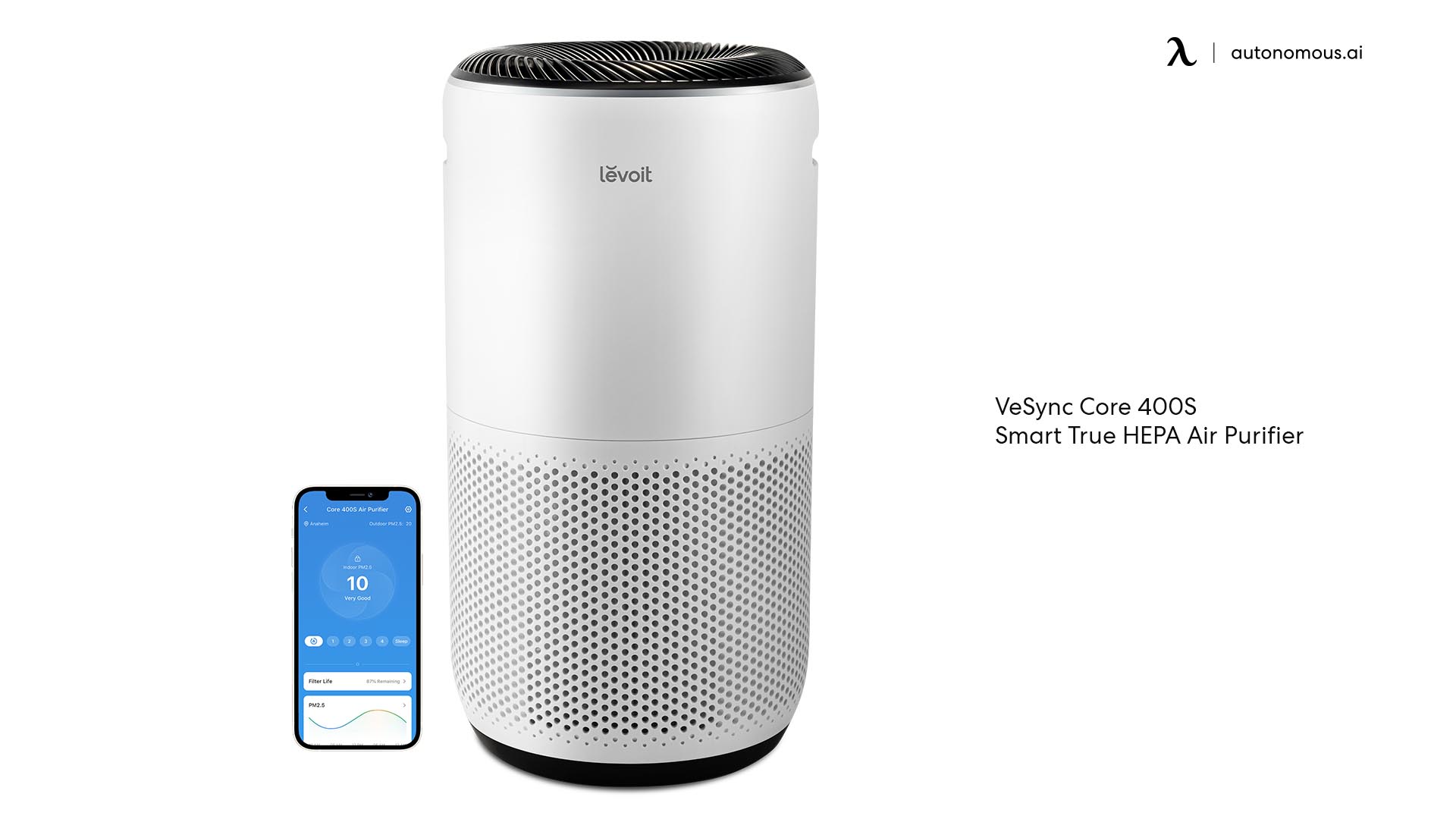
HEPA (High-Efficiency Particulate Air) Purifiers are commonly used in households worldwide. Being a reliable method, the HEPA purifiers have gained popularity ever since their genesis. They are used as the simplest medium for purifying air which they do by removing microscopic bacteria from surrounding air. This is the reason why this type of air purifier is often considered as one of the home office essentials nowadays.
How Does It Work?
HEPA Purifiers consist of certain filters and a fan to remove microscopic particles as small as 0.1-micrometer. Initially, the cleaner's fan draws in polluted air, which is then passed through a fiberglass filter. Most of the airborne particles get trapped in this maze-like filter; however, some particles get bounced back.
The remaining particles get bounced into a diffuser that is the last component in this machine. This component is responsible for trapping particles smaller than 0.1-micrometer. Since most of the particles adopt a zig-zagged movement, they get trapped by one of the methods; thus, pure air is drawn out to the room, and the cycle continues. If any particles remain, they are likely to get trapped in the next cycle.
Pros and Cons of HEPA Purifiers

HEPA purifiers do not have any harmful by-products.
They work pretty effectively against particle pollution.
Its filtration technology can be combined with other forms of purification to make it more effective.

HEPA purifiers require a lot of maintenance.
Its filers are not long-lasting and require frequent replacements.
HEPA purifiers cannot remove microbes.
These cleaners have large energy costs.
2. UV Purifiers
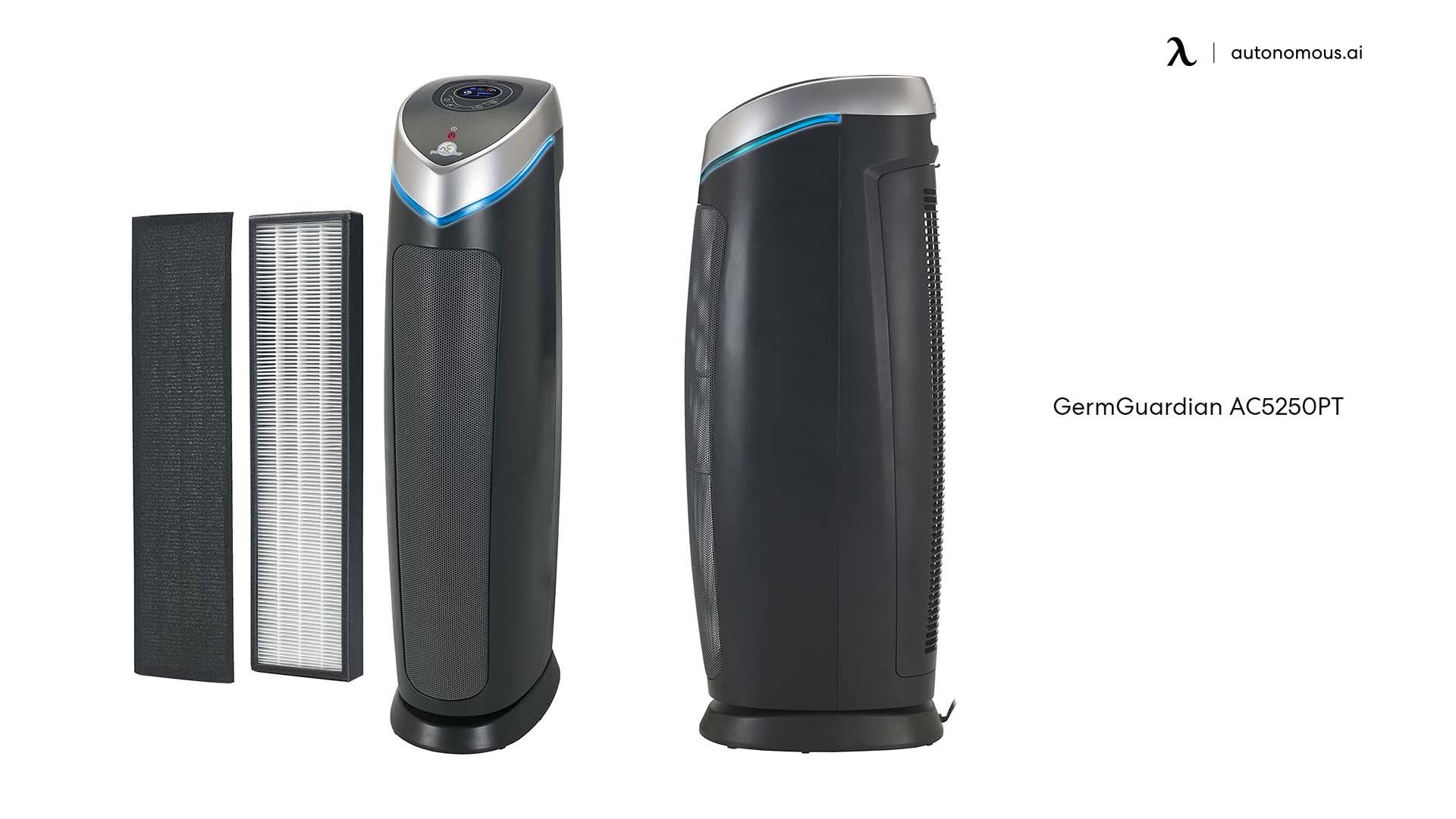
The UV Purifiers are designed to kill microbes present in the air. You must be aware of how UV rays can be harmful to your skin, and they can even cause skin cancer if you get exposed to sun rays more often. This purifier uses the same technology but for microbes.
How Does It Work?
The purification procedure starts the moment the UV Purifier draws in contaminated air. Once the air is in the machine, it is exposed to a UV lamp that produces UV-C Light. This light kills viruses, bacteria, and fungi by breaking their chemical bonds and making them inactive using an Ultraviolet Germicidal Irradiation procedure. Thus, the microbes become unharmful.
Pros and Cons of UV Purifiers

UV Purifier attacks airborne microorganisms.
They are available as an addition to HEPA purifiers.

The UV Purifiers are not very effective.
It produces ozone as a by-product that is harmful to the indoor environment.
3. Absorbent Purifiers
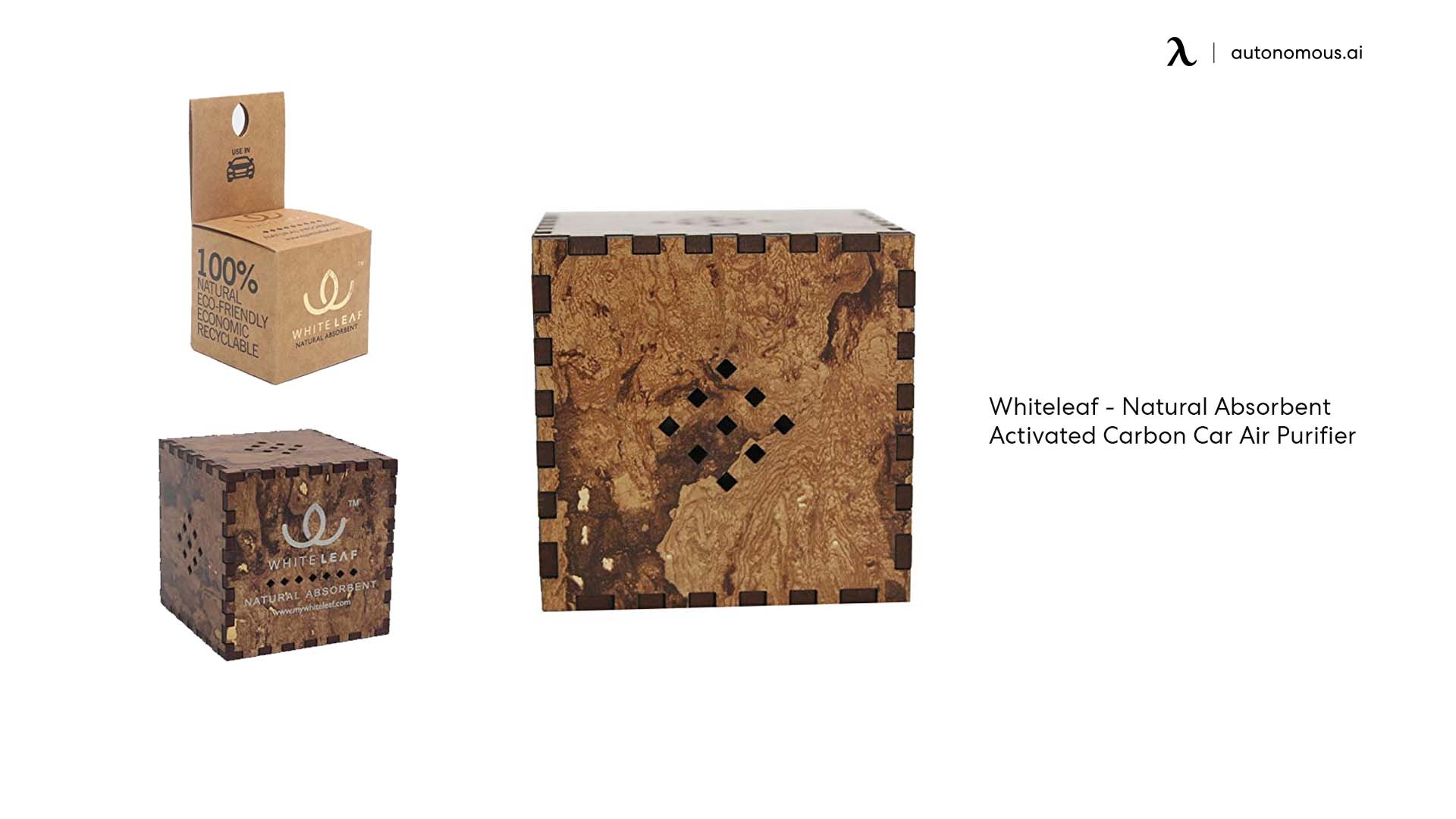
The Absorbent Purifiers are used for keeping the environment safe and clean. This type of air purifier sponges up toxic substances and provides clean and fresh air that is free of chemicals and bad odors. The question that comes up here is how it does this.
How Does It Work?
The Absorbent Purifier is made up of activated charcoal. Its procedure is different from the HEPA and UV purifiers, as it only attracts harmful substances like some absorbents would do. It does that by using certain physical and chemical absorption processes.
There are polar and nonpolar absorbents for attracting some polar and non-polar contaminants. Nevertheless, some particles are not trapped in this procedure. Thus, the remaining particles are attracted via chemical absorption. This procedure is irreversible as the pollutants chemically bond with the absorbents here.
There is also a porous bed for absorbing harmful gases when the air passes through it. Consequently, clean and purified air is released into the environment.
Pros and Cons of Absorbent Purifiers

There are no harmful by-products.
It can remove pesky odors as well.
These absorbent filters can be added to other types of air cleaners.

It can’t remove airborne particulates.
It requires more purifiers to give better results as it alone cannot remove all contaminants.
4. Ionic Purifiers
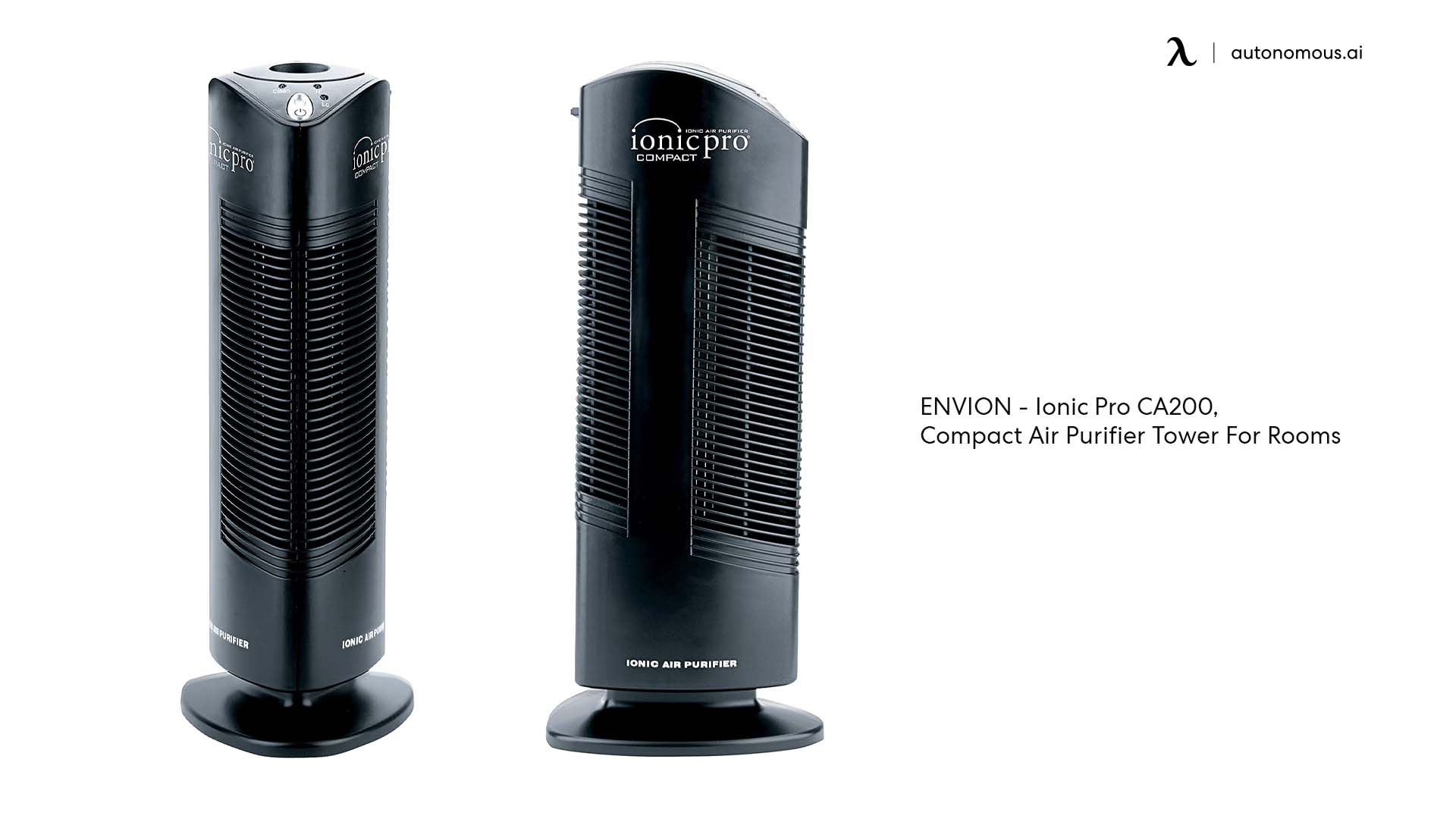
Here is another type of air purifier on the list. Ionic Purifiers are an alternative to HEPA purifiers, but unlike HEPA, they do not require any filters to perform their action. Nevertheless, this purifier is not as popular as the HEPA purifier because it produces ozone as a by-product.
How Does It Work?
Ionic Purifiers are available in two versions, one being the electrostatic precipitator (ESPs) and the other being the ionizer.
As the names would have given you some idea, the ionizer ionizes particles to trap particles present in the air. In contrast, in an ESP, the particles are trapped between plates with the help of the ionization of particles. Since the particles are trapped between plates in ESPs rather than on the surface the way they do in ionizers, ESPs are comparatively safer and more popular.
Pros and Cons of Ionic Purifiers

Management costs are lesser than HEPA Purifiers.
The ionic purifiers do not make much noise.

Ionic purifiers are less effective than HEPA purifiers.
They release a large amount of ozone as a by-product.
Ionizers can create a lot of mess as the particles sit on the surface.
Ozone can contribute to the formation of formaldehyde which itself is really bad for health.
5. Ozone Generators
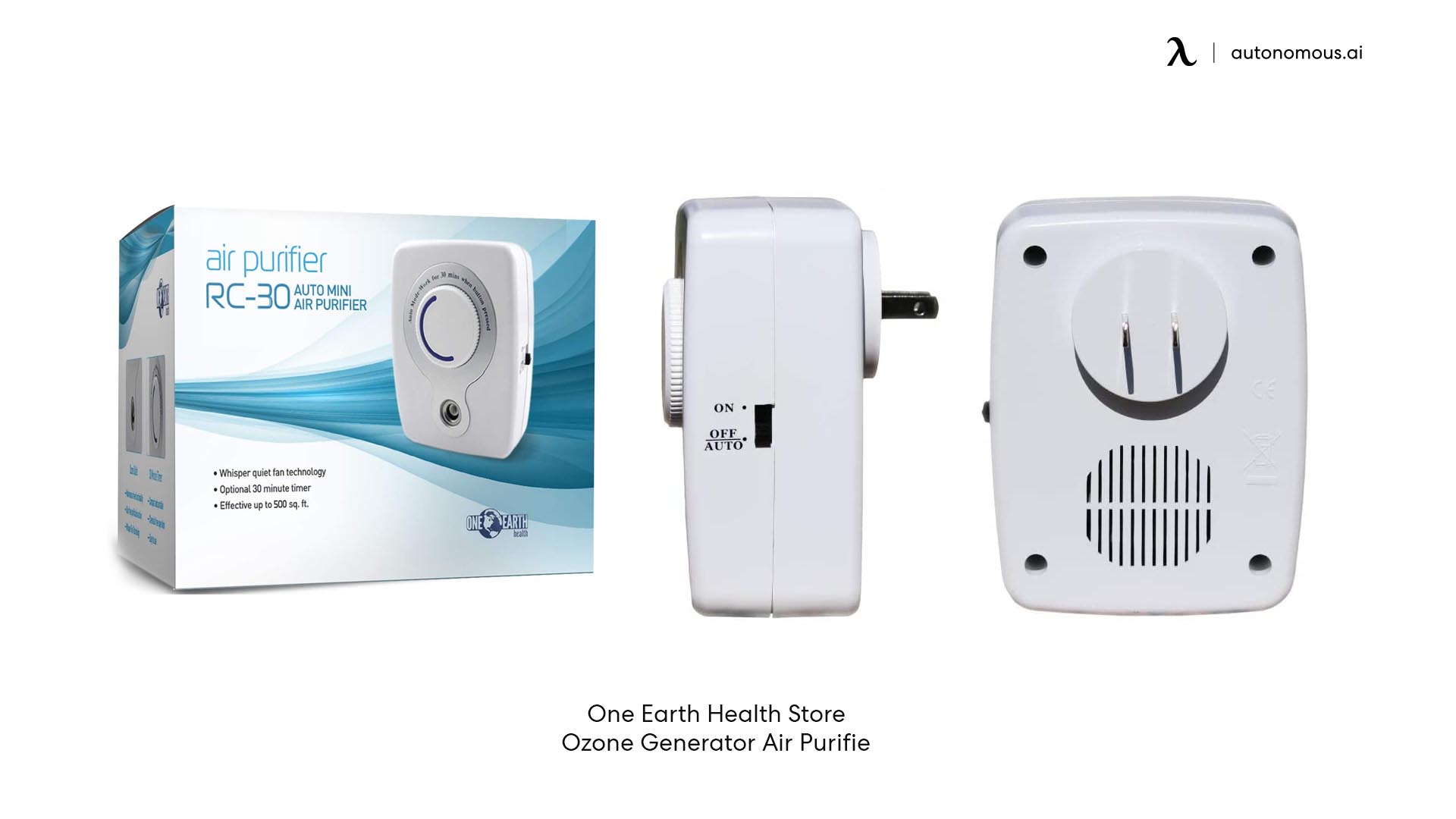
The Ozone Generator is one such type of air purifier that has a very controversial image. Thus, health practitioners never recommend this purifier. Although it is not recommended for indoor use, it is better to know its details to clear out your doubts.
How Does It Work?
There are two common methods that ozone generators use to generate ozone, one being corona discharge and the other being UV light. In both procedures, oxygen molecules are broken down, and ozone is formed by combining three oxygen atoms. Since ozone is highly reactive, it will react with neighboring molecules.
Pros and Cons of Ozone Generators

Ozone generators can kill disinfectants and microbes.
It is great for biological contaminants.

Ozone generators are not suitable for home offices.
Ozone takes around two months to react with particles in the air, so it is a very slow process.
Ozone gas itself is very harmful to human health.
Conclusion
The above-mentioned types of air purifiers are currently the most famous ones in the market. However, it is notable that HEPA purifiers are the most popular ones, so you can buy this type.
If you are interested in buying one of those for your office, you should buy them as per your room’s size. If you have a small room, you will need a small air purifier. Similarly, a large room will require a large room air purifier. Typically, office workers go for medium-room air purifiers.
Nevertheless, at the end of the day, it is your choice, you have to decide as per your requirements and preferences.
Subscribe for a 10% discount on your first order.
Sign up for our weekly update and be the first to know about our specials & promotions.

/https://storage.googleapis.com/s3-autonomous-upgrade-3/production/ecm/240417/april-10-off-offer-2024-1920x540-CTA.jpg)
/https://storage.googleapis.com/s3-autonomous-upgrade-3/production/ecm/240417/april-10-off-offer-2024-720x1200-CTA.jpg)
/https://storage.googleapis.com/s3-autonomous-upgrade-3/production/ecm/240415/bulk-order-apr-2024-offer-720x1200-CTA-min.jpg)
/https://storage.googleapis.com/s3-autonomous-upgrade-3/production/ecm/240415/pod-offer-apr-2024-720x1200-CTA.jpg)
/https://storage.googleapis.com/s3-autonomous-upgrade-3/static/upload/images/new_post_author/admin-1.png)